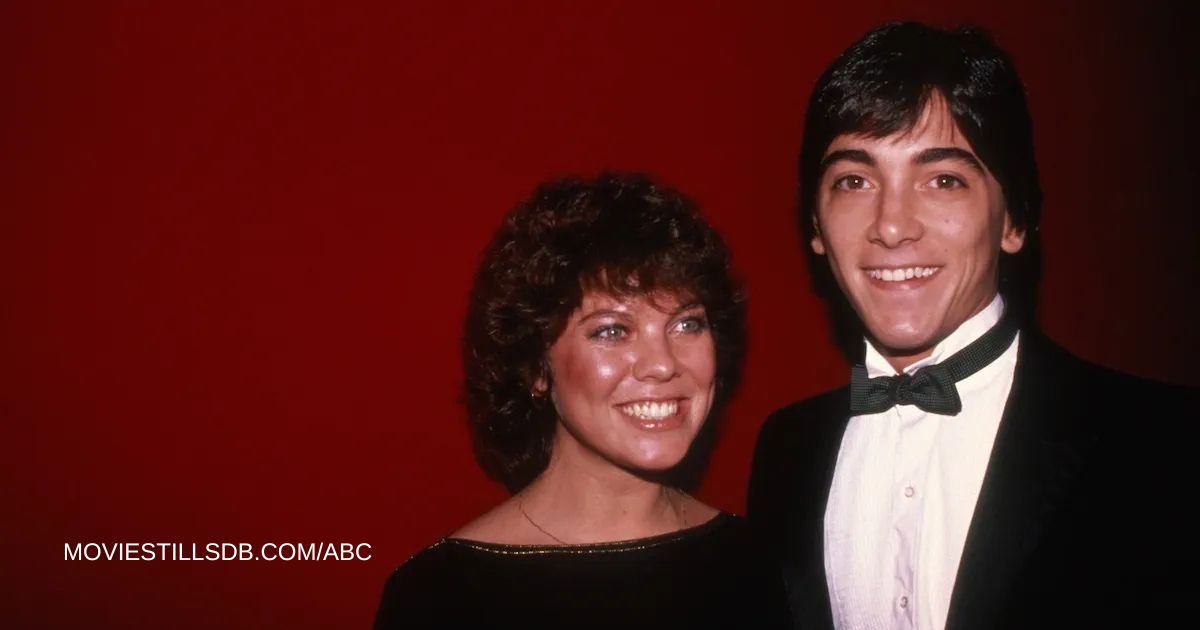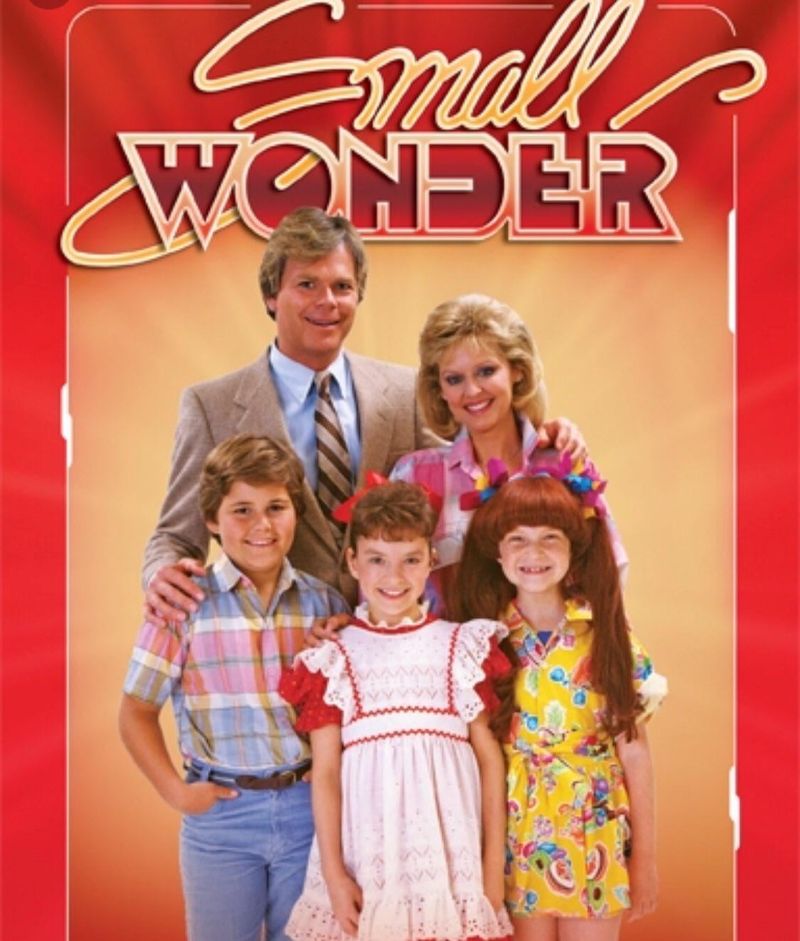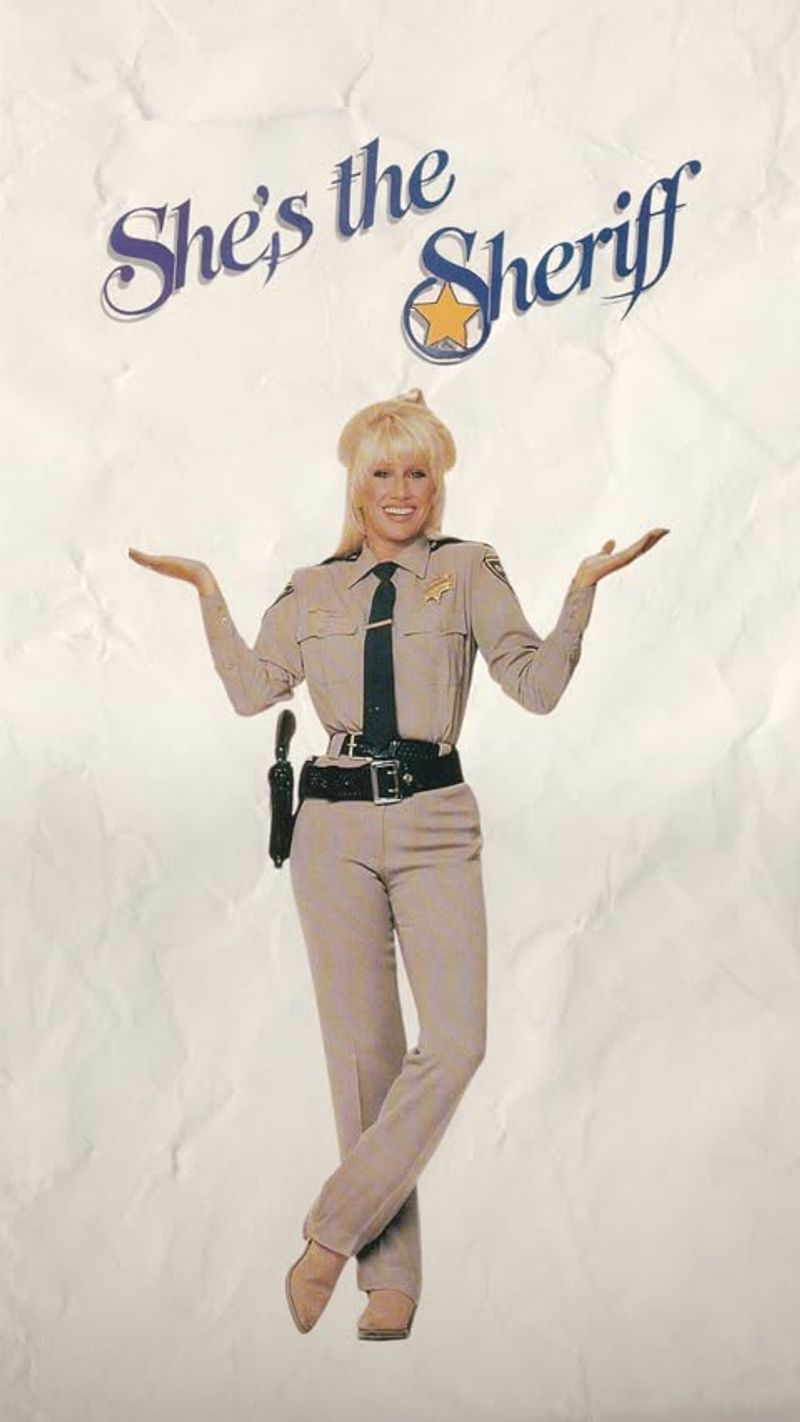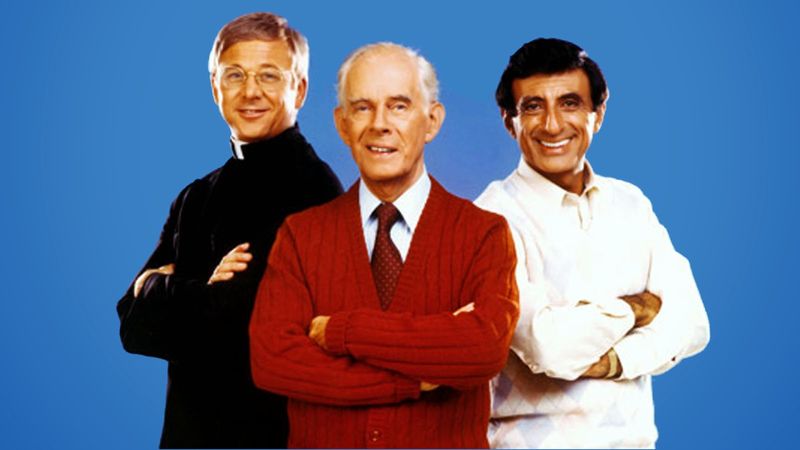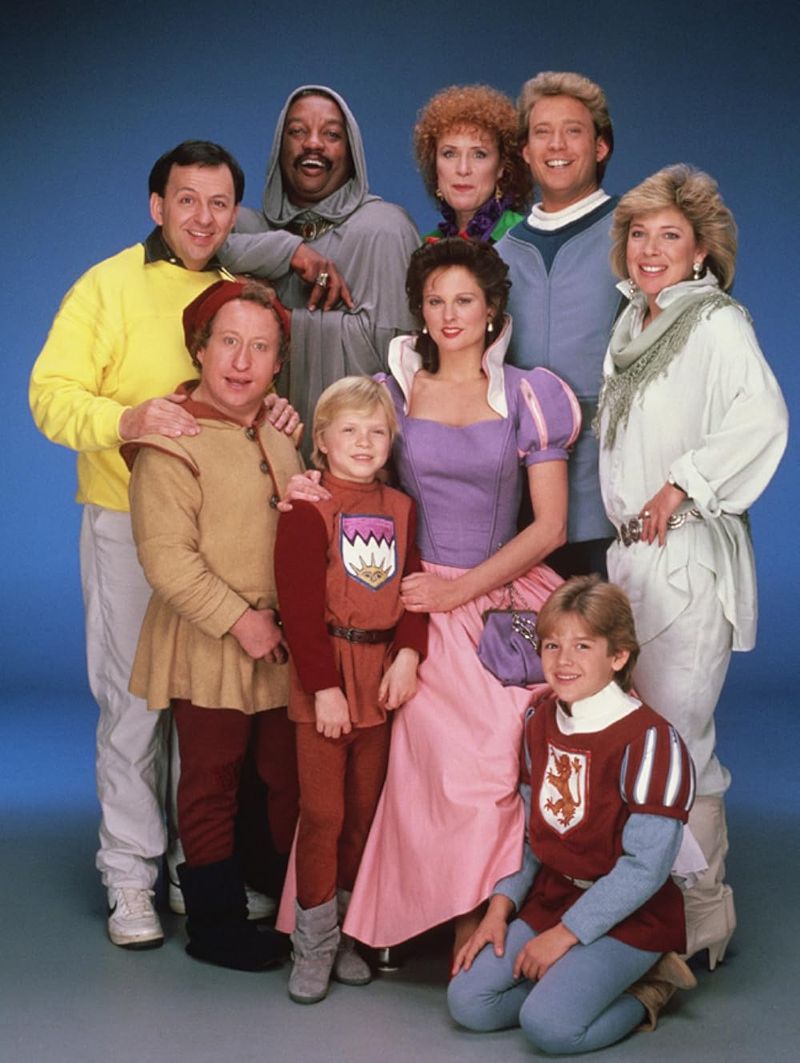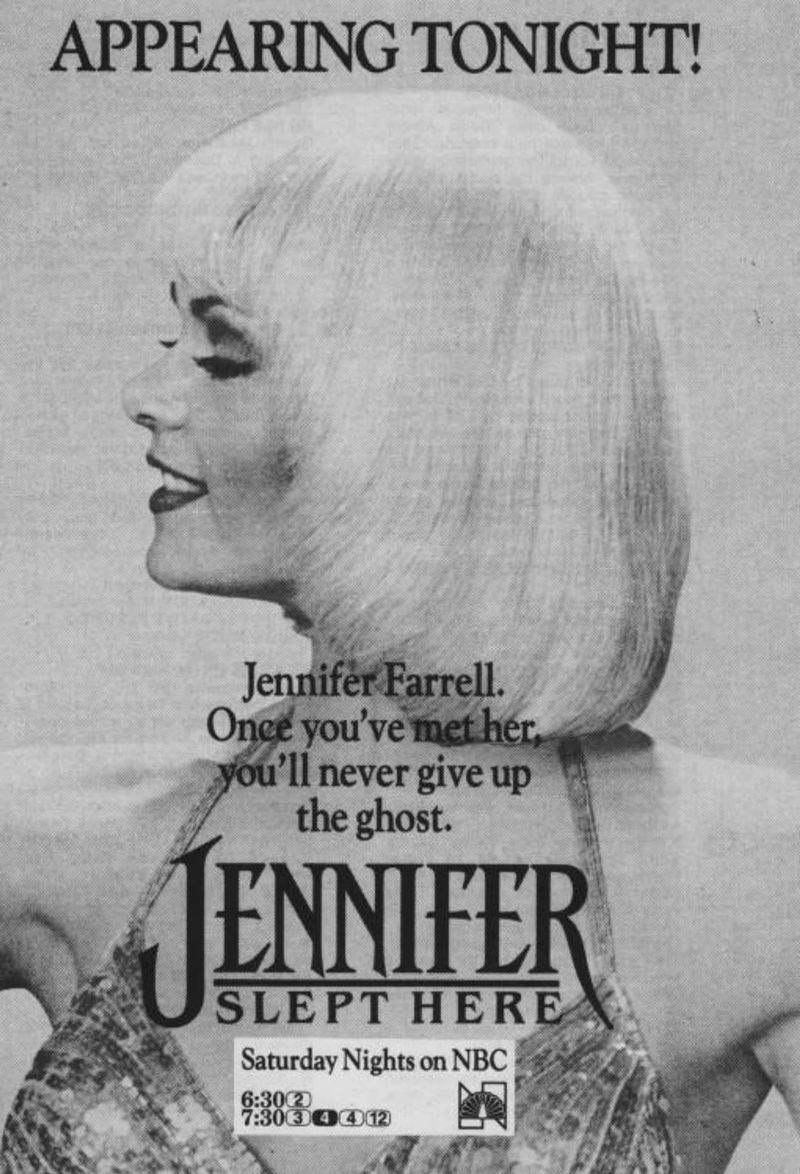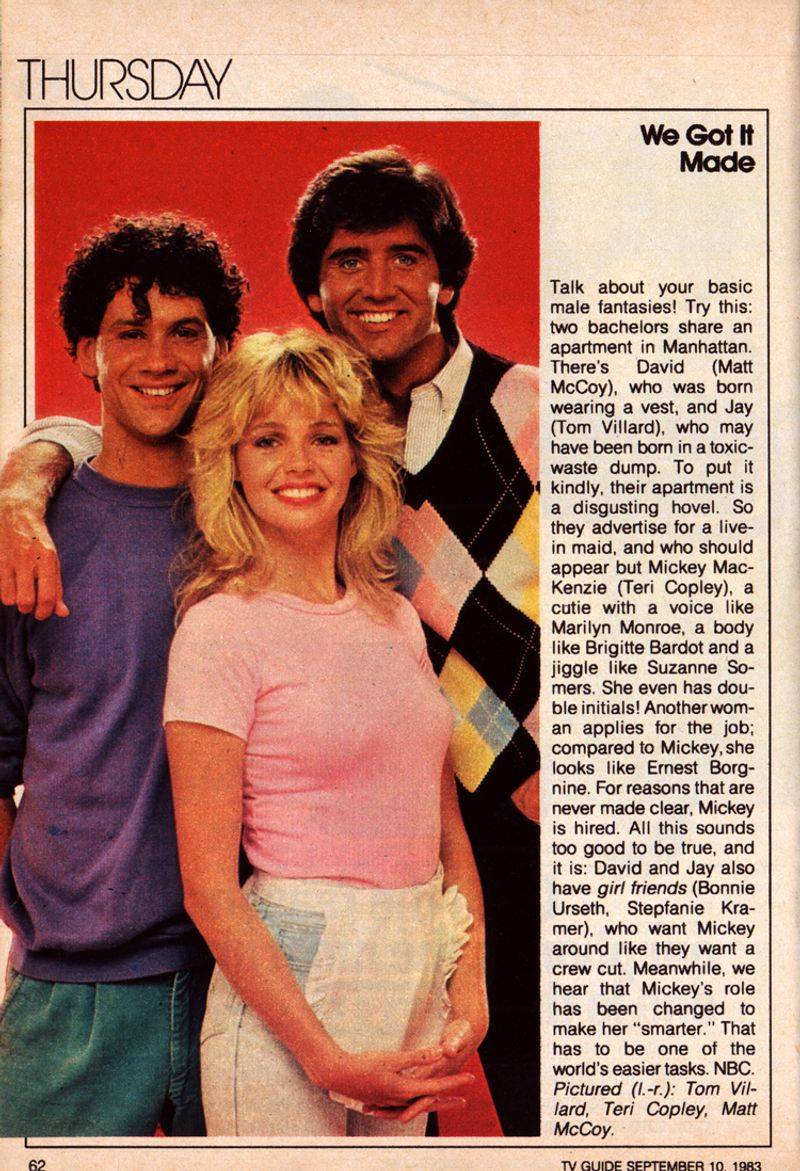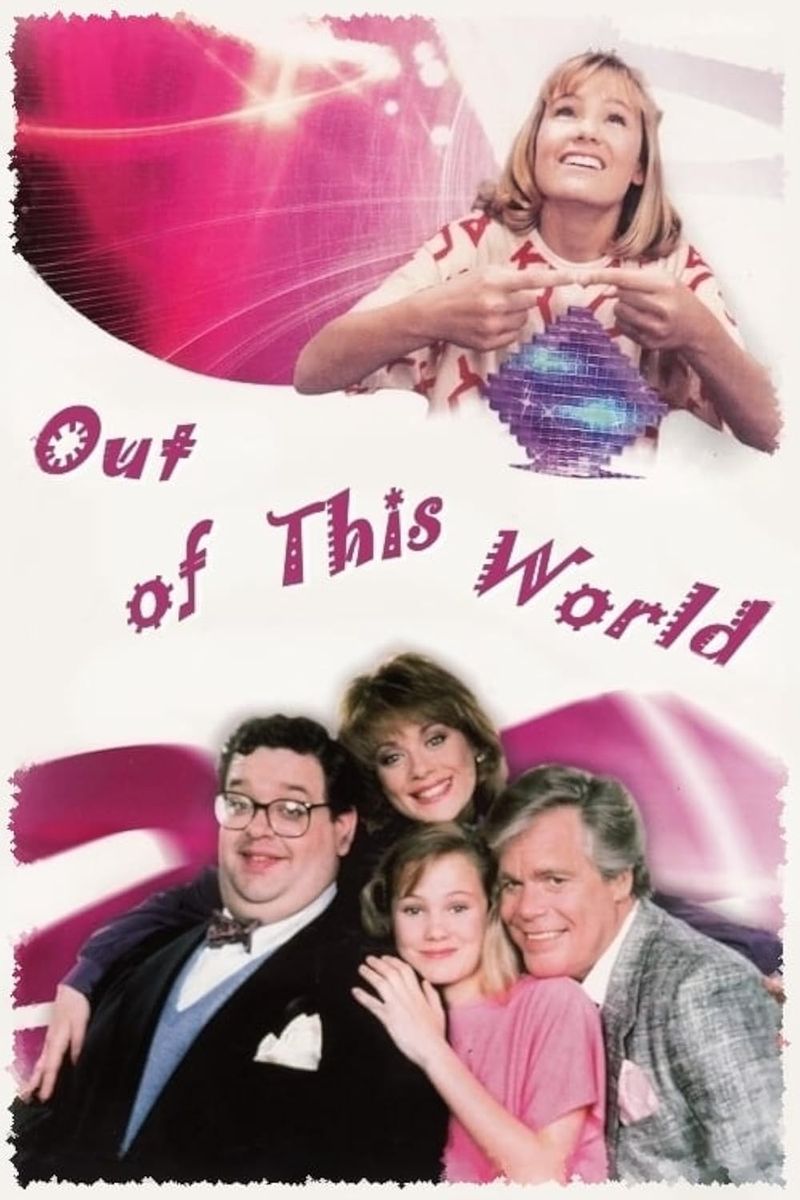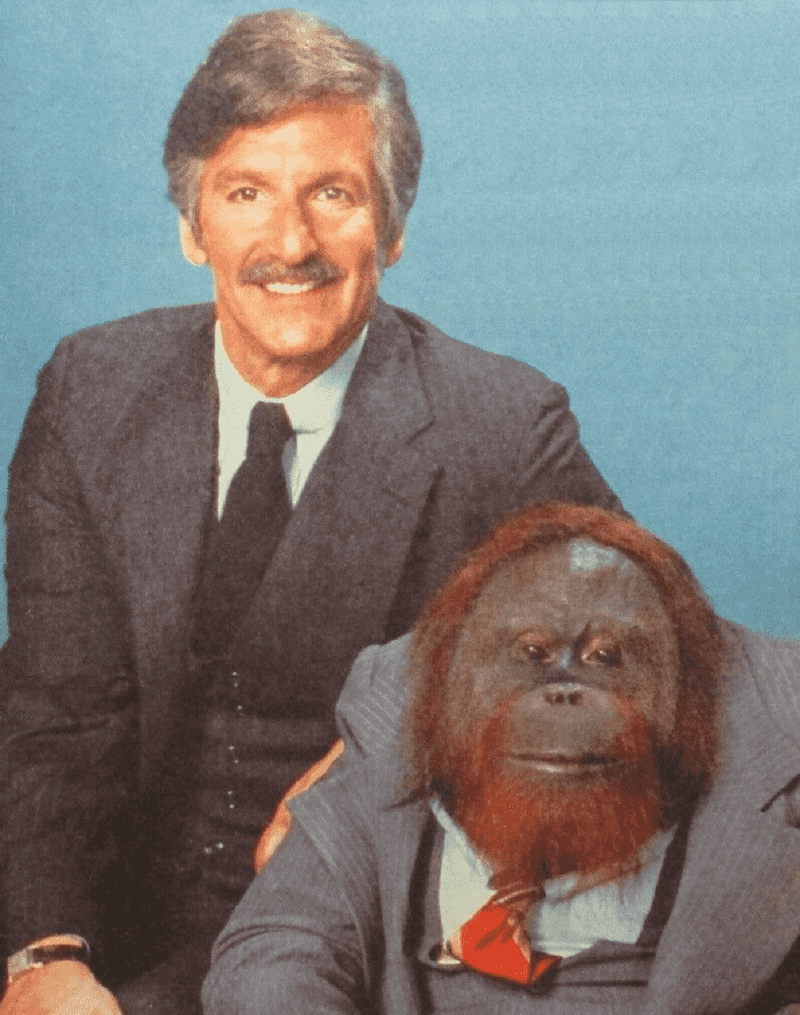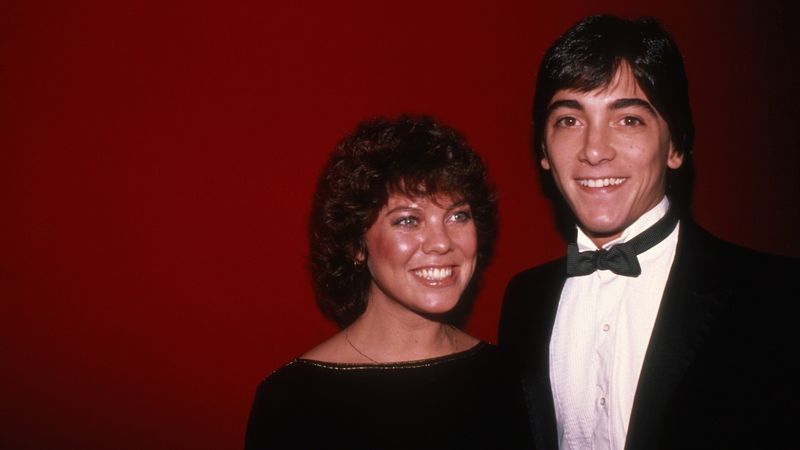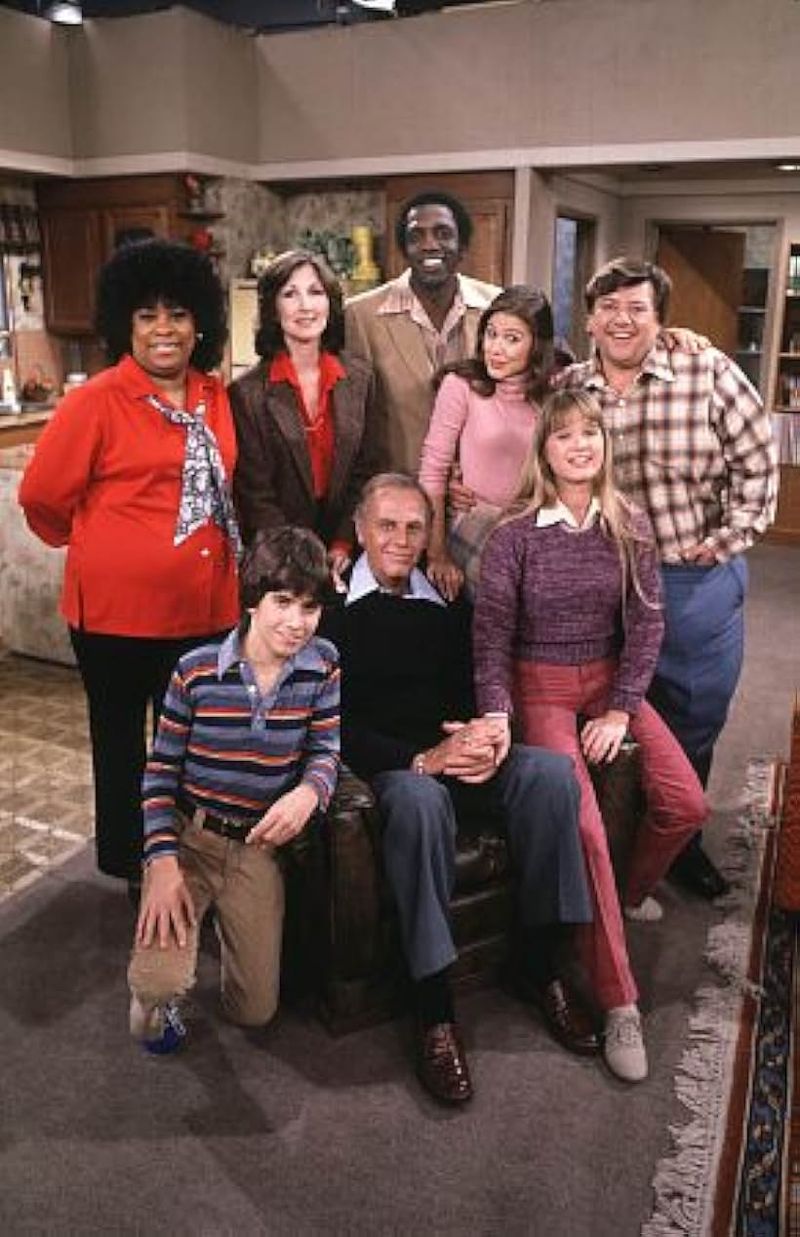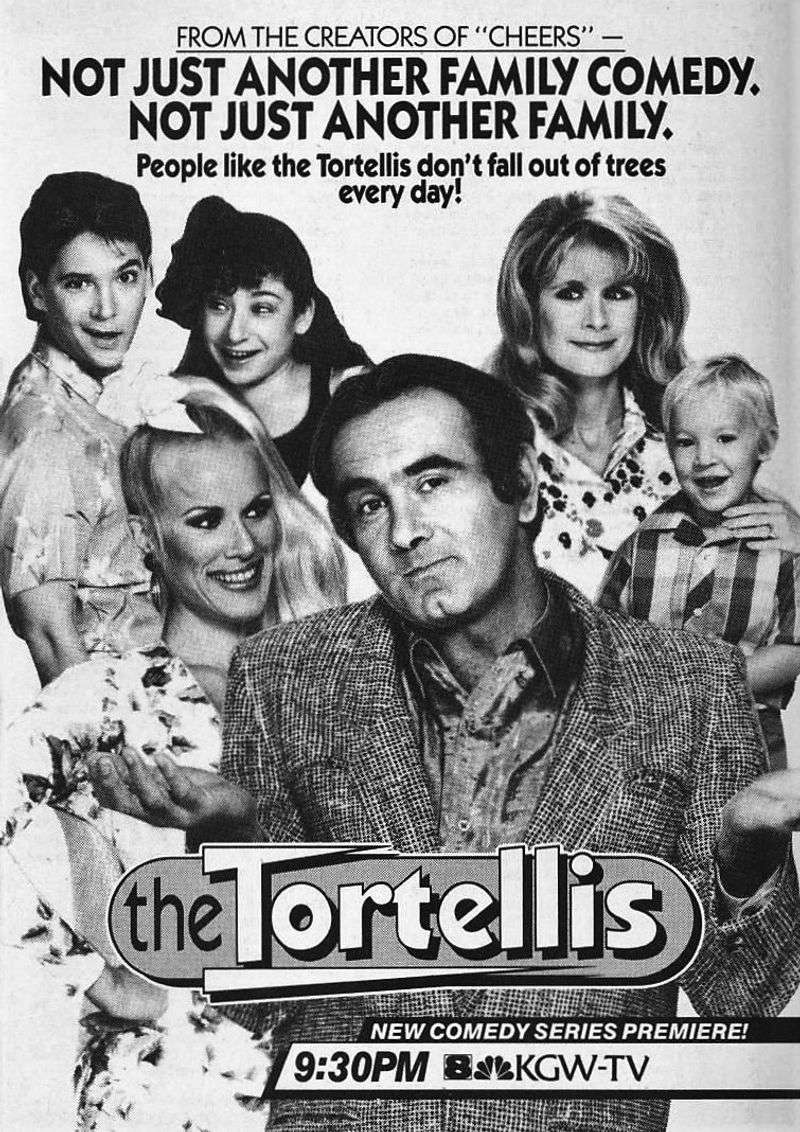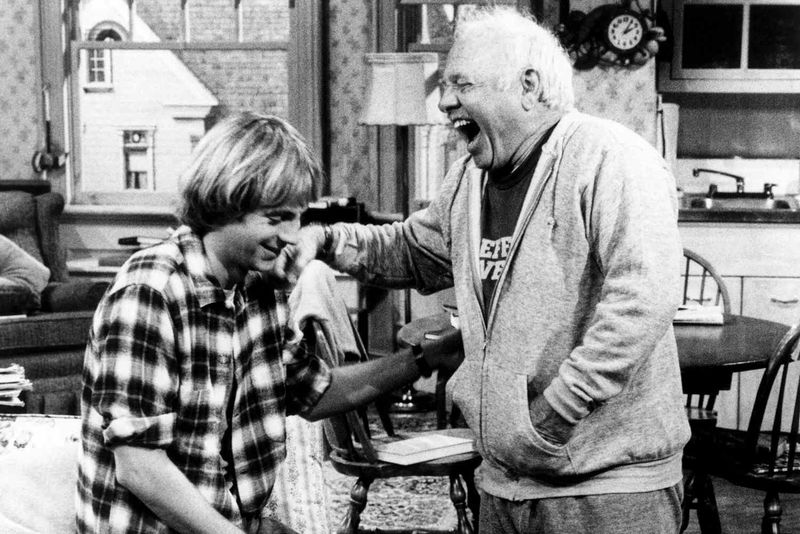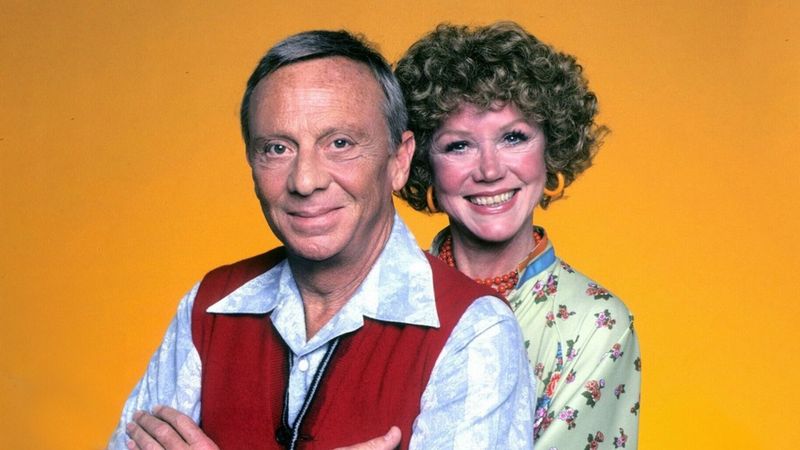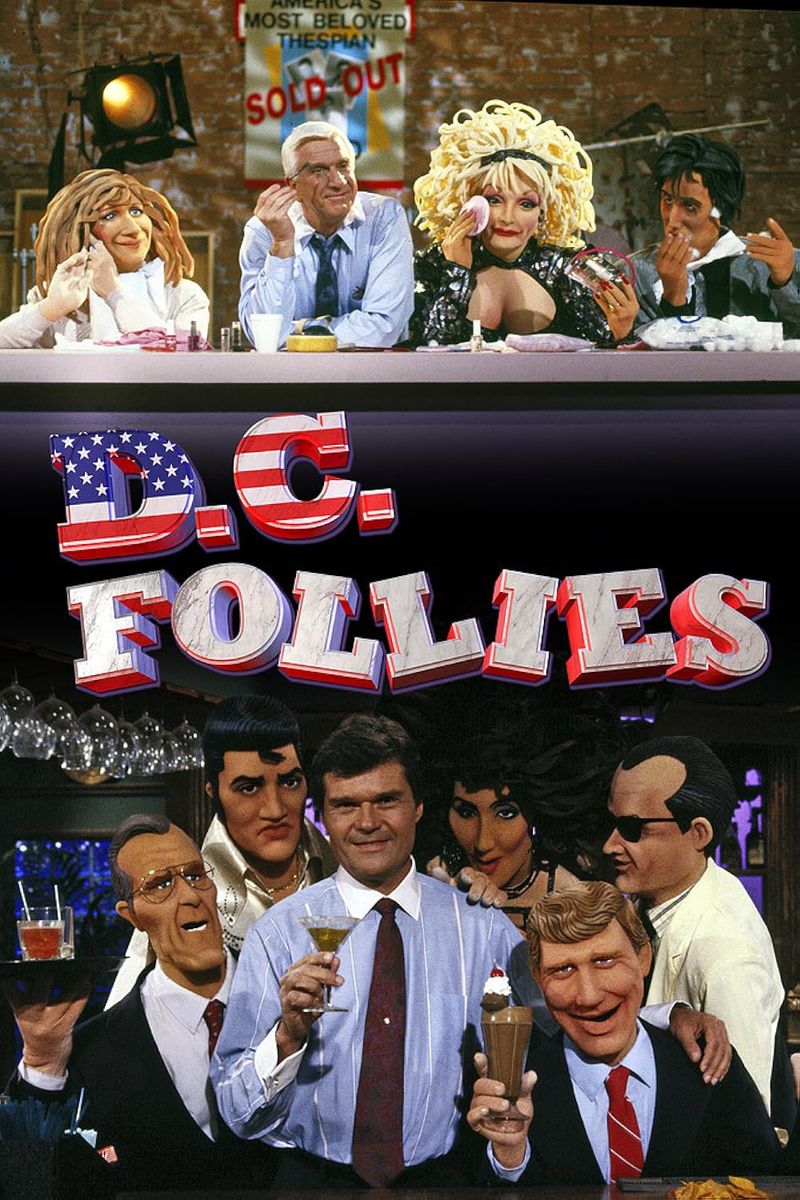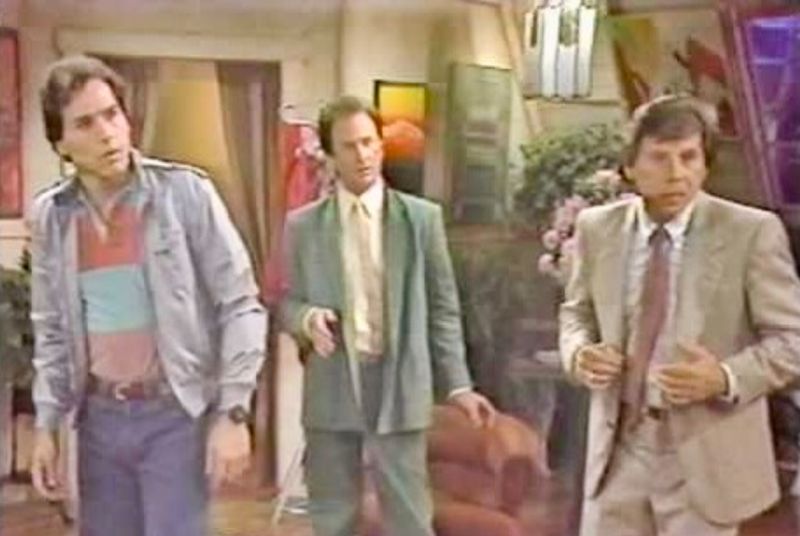The 1980s was a vibrant decade for television, characterized by its colorful fashion, synth-heavy music, and, of course, a plethora of sitcoms. While some sitcoms became timeless classics, others were not so fortunate.
In this blog post, we delve into 15 sitcoms from the 1980s that were criticized for various reasons, whether it be poor writing, weak acting, or uninspired plots.
Each item on this list explores the reasons behind their unfavorable reception, shedding light on the quirks and missteps that led to their notorious reputation.
1. Small Wonder
“Small Wonder” introduced us to Vicki, a robot child living with a suburban family. While the premise of a robotic daughter was intriguing, the execution left much to be desired.
The show relied heavily on slapstick humor and recycled jokes, often resulting in awkward character interactions. Add to that some wooden acting, and you had a sitcom that struggled to win over audiences.
Despite its shortcomings, “Small Wonder” managed to run for four seasons, mainly due to its novelty. Still, it remains a peculiar relic of 1980s television.
2. She’s the Sheriff
Suzanne Somers starred in “She’s the Sheriff,” a sitcom centered around a widow inheriting her late husband’s job as a small-town sheriff. Despite Somers’ comedic talent, the show suffered from uninspired plots and two-dimensional characters.
The humor often felt forced, and the series never quite found its footing in a crowded television landscape. Audiences were left wanting more depth and originality from its storylines.
Despite its attempts at humor, the show only lasted two seasons, a testament to its inability to capture viewers’ hearts or laughter.
3. AfterMASH
“AfterMASH” was a spin-off from the hugely successful “M*A*S*H,” but it failed to capture the essence of its predecessor. Set in a veteran’s hospital, it followed the lives of familiar characters adapting to civilian life.
Unfortunately, the show was burdened with an overly serious tone that clashed with its comedic roots. The storylines lacked the wit and charm fans expected from the franchise.
Critics and audiences quickly lost interest, leading to its cancellation after two seasons. “AfterMASH” serves as a cautionary tale about the challenges of spin-offs.
4. The Charmings
In “The Charmings,” fairy tale characters time-traveled to a suburban 1980s setting. The concept sounded creative, but the execution was anything but charming.
The show struggled with balancing whimsical elements with relatable humor. Characters often felt out of place, creating a disconnect with the audience.
Despite its unique premise, “The Charmings” failed to enchant viewers, resulting in low ratings and its eventual cancellation after two seasons.
5. Jennifer Slept Here
“Jennifer Slept Here” featured a ghost, played by Ann Jillian, haunting a teenage boy’s family. The premise was promising, but the show suffered from inconsistent writing and a lack of direction.
The humor often fell flat, with ghostly antics that failed to entertain. Characters lacked depth, leaving audiences disinterested in their journeys.
Despite Ann Jillian’s efforts to carry the show, it couldn’t overcome its flaws, resulting in a brief, one-season run.
6. We Got It Made
“We Got It Made” revolved around two bachelors hiring an attractive housekeeper, which quickly became a recipe for clichéd situations and humor.
The show relied on superficial comedy and predictable scenarios that failed to resonate with viewers. Characters often felt one-dimensional, lacking growth or complexity.
Despite its attempt to capture the excitement of bachelor life, the show struggled to maintain viewer interest, leading to its cancellation after two seasons.
7. Out of This World
“Out of This World” followed Evie, a half-alien teenager who could freeze time. While the concept was intriguing, the execution often felt disjointed and campy.
The humor was uneven, with jokes that failed to land and narratives that lacked coherence. Characters often felt underdeveloped, leaving audiences wanting more depth from the storyline.
Despite its imaginative premise, the show couldn’t sustain interest, leading to its eventual cancellation after four seasons.
8. Mr. Smith
“Mr. Smith” featured a talking orangutan with human-like intelligence who worked as a political advisor. The concept was unique but ultimately too peculiar to sustain a series.
The humor often relied on novelty rather than substance, resulting in jokes that grew stale quickly. Characters lacked depth, and storylines failed to engage viewers.
Though memorable for its unusual premise, “Mr. Smith” couldn’t maintain viewer interest, resulting in a short-lived run of just one season.
9. Joanie Loves Chachi
“Joanie Loves Chachi” was a spin-off of “Happy Days,” focusing on the romantic adventures of Joanie Cunningham and Chachi Arcola. Unfortunately, the show couldn’t replicate the charm of its predecessor.
The plotlines were thin, with humor that felt forced and lacking originality. Character development was minimal, leaving little for audiences to connect with.
Despite the popularity of its lead characters, the show struggled to find its own identity, resulting in its cancellation after two seasons.
10. Hello, Larry
“Hello, Larry” starred McLean Stevenson as a radio host trying to balance his career with raising teenage daughters. Despite Stevenson’s comedic talent, the show suffered from lackluster writing.
The humor often felt dated, with storylines that failed to engage viewers. Characters lacked depth, resulting in minimal emotional connection.
Despite its potential, “Hello, Larry” struggled to find its footing, ultimately leading to its cancellation after two seasons.
11. The Tortellis
“The Tortellis” was a spin-off from “Cheers,” focusing on the lives of Carla’s ex-husband, Nick, and his new family in Las Vegas. Unfortunately, it failed to capture the essence of its predecessor.
The humor often felt forced, with characters that lacked the charisma and depth of those from “Cheers.” The storyline struggled to engage audiences, resulting in low ratings.
Despite its connection to a successful series, “The Tortellis” couldn’t sustain interest, leading to its cancellation after just one season.
12. One of the Boys
“One of the Boys” featured Mickey Rooney as a grandfather moving in with his college-aged grandson and friend. Despite the star power, the show was plagued by uninspired writing and clichéd humor.
The intergenerational dynamics felt unexplored, with jokes that often missed the mark. Characters lacked depth, leaving audiences uninvested in their journeys.
Despite its potential for heartwarming comedy, “One of the Boys” struggled to find an audience, leading to its cancellation after one season.
13. The Ropers
“The Ropers” was a spin-off of “Three’s Company,” focusing on the lives of the quirky landlord couple, Stanley and Helen Roper. Unfortunately, it failed to capture the charm of the original series.
The humor often felt repetitive, with characters that lacked the depth and appeal of their predecessors. The storyline struggled to engage audiences, resulting in low ratings.
Despite its connection to a beloved series, “The Ropers” couldn’t sustain interest, leading to its cancellation after just two seasons.
14. D.C. Follies
“D.C. Follies” was a puppet-based satire featuring caricatures of political figures. Despite its creative approach, the show often struggled with balancing humor and satire.
The concept was ambitious, but the execution sometimes fell flat, with jokes that failed to land. Characters lacked depth, leaving audiences wanting more substantial content.
Despite its novelty, “D.C. Follies” couldn’t maintain viewer interest, leading to its cancellation after two seasons.
15. Brothers
“Brothers” was a sitcom about three siblings with vastly different personalities. Despite its potential, the show struggled with inconsistent writing and pacing.
The humor often felt uneven, with jokes that lacked impact and narratives that meandered. Characters lacked growth, resulting in minimal emotional connection with audiences.
Despite its attempt to explore family dynamics, “Brothers” struggled to find its footing, leading to its cancellation after five seasons.
